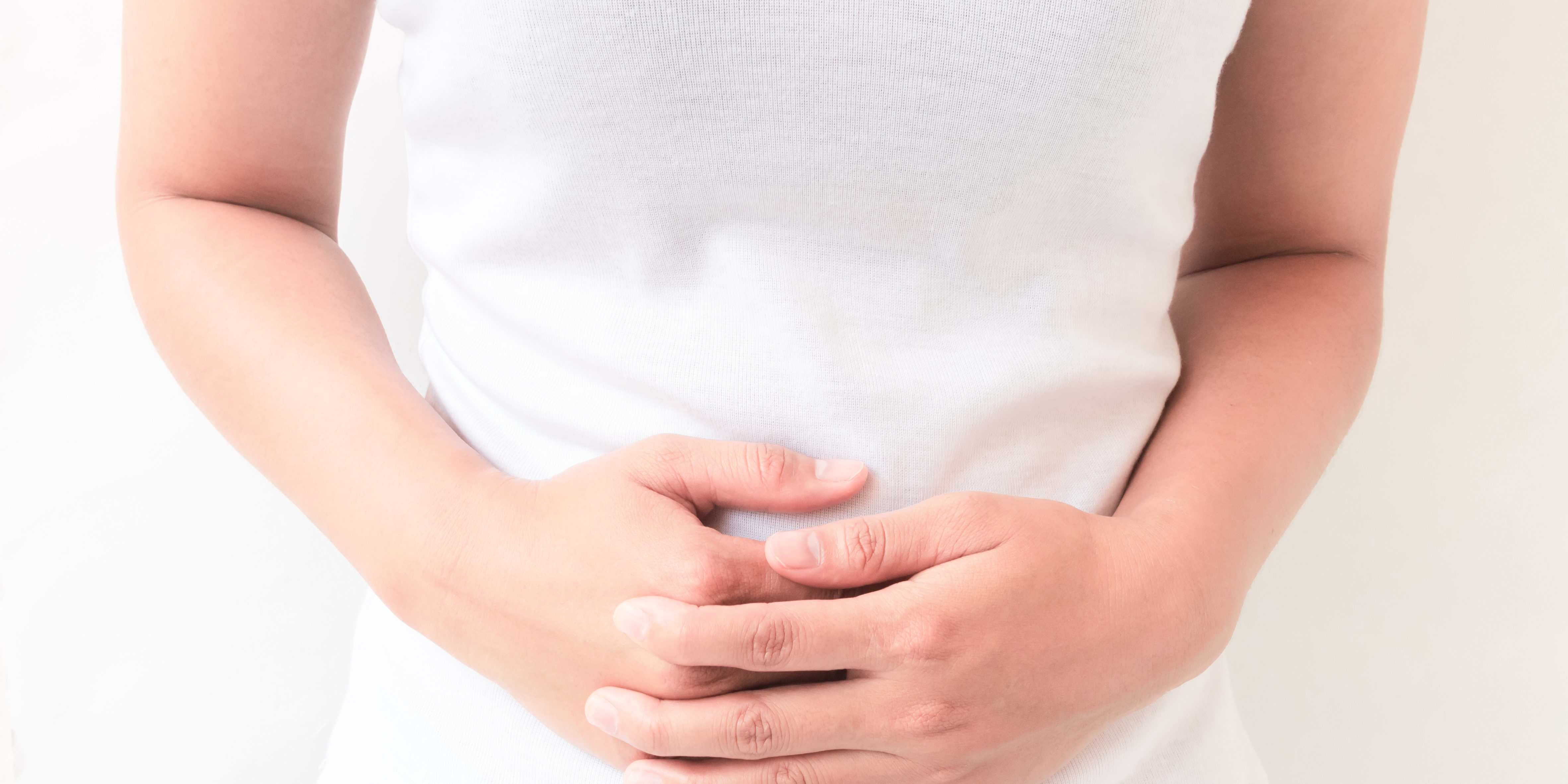The composition of some unhealthy foods makes them difficult to digest and it can cause unpleasant symptoms of bloating, cramps, diarrhea, or upset stomach. Below is a list of foods to avoid when you’re having digestive problems.
For more eating tips and gastrointestinal treatments, allow Dr. Siamak to answer any questions you may have. As the premier gastroenterologist in Los Angeles, Dr. Tabib takes pride in making every patient feel comfortable before proceeding with treatment.
Wheat, Barley, and Rye Products
As people make healthier choices in their diet, a common restriction is gluten-free. Products such as wheat, barley, and rye contain gluten, which is a protein some people find difficult to digest. These ingredients can be commonly found in pasta, bread, baked goods, and cereal as well as gravy, salad dressings, sauces, beer, broth, fried foods, and season snack foods.
If you are sensitive to gluten products, you may experience a lack of energy, mental fatigue, bloating, diarrhea, and abdominal cramps. For a gluten-free diet, consider milk, yogurt, cheese, meat, poultry, fish, fruits, vegetables, legumes, and gluten-free grains such as quinoa and millet.
Dairy Products
Some people are lactose intolerant, which makes it difficult for them to break down lactose into simple sugars for their body to absorb. Without enough lactase to break down lactose in their body, undigested lactose passes into their large intestine where bacterial fermentation produces gas, bloating and stomach cramps. Products to avoid include diary-based products, milk, soft cheeses, butter, ice cream, instant mashed potatoes, cakes, custard, and some chocolate.
If you are lactose intolerant, consider lactose-free products, lactase tablets with your first bite of lactose-containing foods or dairy alternatives such as plant-based milk (almond milk, soy milk, etc.).
Foods That Cause Acidic Reflux
Some foods cause digestive difficulties because they relax or weaken the lower esophageal sphincter (LES), which is located at the bottom of your esophagus. The LES prevents acid reflux which occurs when food and stomach acid back up from your stomach into your esophagus. Such foods include:
- Fatty foods, which slow down the digestive process and worsen constipation or speed up movement, leading to diarrhea.
- Fried foods, which work the same ways fatty foods — they move, undigested particles through the body too quickly, leading to diarrhea or the opposite causing constipation.
- Citrus foods such as lemons, limes, oranges, and grapefruit irritate the stomach lining.
- Spicy foods stimulate the digestive system. If you’re experiencing nausea, vomiting or diarrhea, avoid food choices with spice levels.</li
- Caffeinated foods stimulate the gastrointestinal tract, making contents move more quickly through your system. If you already have diarrhea, caffeine will only worsen your digestive problem. Avoid foods that contain caffeine such as coffee, tea, soda, and chocolate.
If you have acid reflux, you may experience heartburn, inflamed vocal cords, chronic cough, and pain that mimics chest pain.
Processed Foods
Processed foods lack fiber, which helps regulate bowel movement. Processed foods also contain preservatives and artificial coloring. These additives increase constipation as they are more difficult to break down and digest.
Artificial Sweetener
Sorbitol, an artificial sweetener that is hard-to-digest is often found in some fruits such as prunes, apples, and peaches. Once sorbitol reaches the large intestines, it can upset the stomach creating gas, bloating and diarrhea.
Spoiled Foods
Spoiled foods contain bacteria like salmonella and E. coli that can pass from raw meat to veggies and fruits. Eating spoiled foods can cause digestive problems or worsen existing ones, including diarrhea, vomiting or constipation. To prevent this, look for dated items like eggs, dairy products, produce and meat. If you eat spoiled foods and experience food poisoning, you may feel muscle pain, fatigue, and abdominal cramps.
Gastroenterologist in Los Angeles
If you suffer from digestive problems, schedule an appointment with your gastroenterologist in Los Angeles for a complete diagnosis and treatment plan. Dr. Tabib has extensive knowledge of the stomach and digestive tract and will be able to recommend the treatment that will be best for you.



